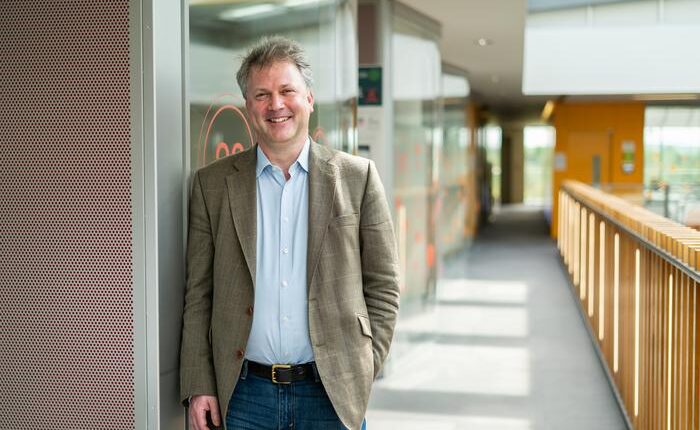Scientists have developed artificial intelligence technology that estimates the likelihood of future illnesses across more than 1,000 medical conditions, potentially transforming healthcare prevention strategies.
The system analyses medical histories to calculate probability scores for diseases that may develop years in the future. Researchers built their model using anonymised health data from 400,000 UK Biobank participants, then validated it against 1.9 million patient records from Denmark’s national registry.
Using techniques borrowed from large language model development, the AI identifies patterns in healthcare sequences. The technology studies medical events and lifestyle factors such as smoking habits to forecast potential health trajectories.
“Our AI model is a proof of concept, showing that it’s possible for AI to learn many of our long-term health patterns and use this information to generate meaningful predictions,” said Ewan Birney, Interim Executive Director at the European Molecular Biology Laboratory.
The system shows the strongest performance predicting diseases with clear progression pathways, including specific cancers, cardiac events and septicaemia. Heart attack risk calculations for men aged 60-65 ranged from 4 in 10,000 annually to approximately 1 in 100, depending on individual medical backgrounds.
However, conditions with unpredictable elements like mental health disorders or pregnancy complications proved more challenging to forecast accurately.
“Medical events often follow predictable patterns,” said Tom Fitzgerald, Staff Scientist at EMBL’s European Bioinformatics Institute. “Our AI model learns those patterns and can forecast future health outcomes.”
Current limitations include demographic representation gaps and insufficient childhood health information. The technology requires extensive additional validation before it can be deployed clinically.
The research, published in Nature, involved collaboration between EMBL, the German Cancer Research Centre and University of Copenhagen.











